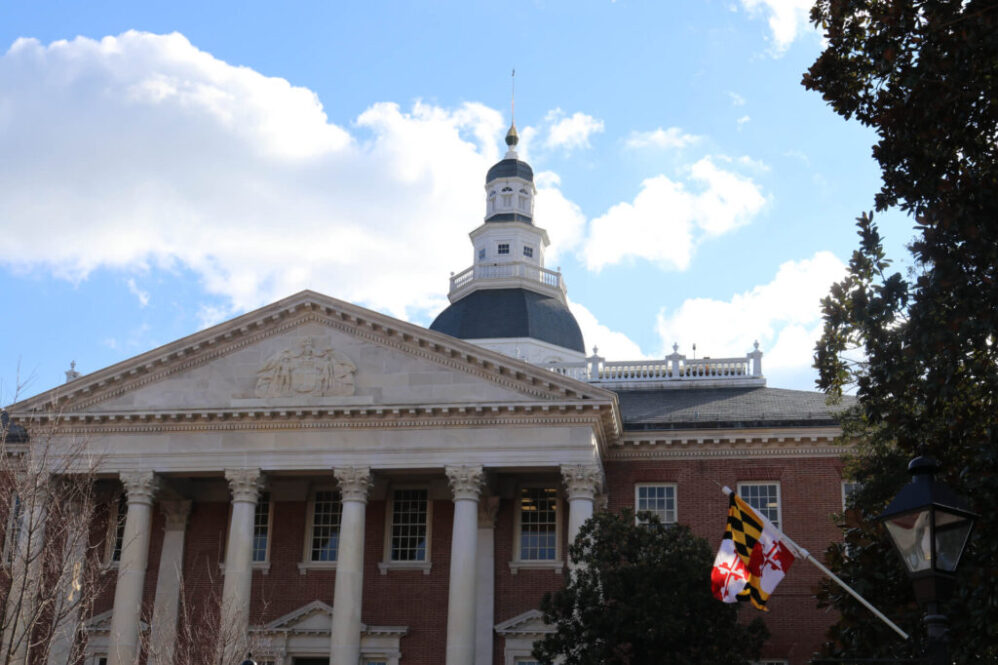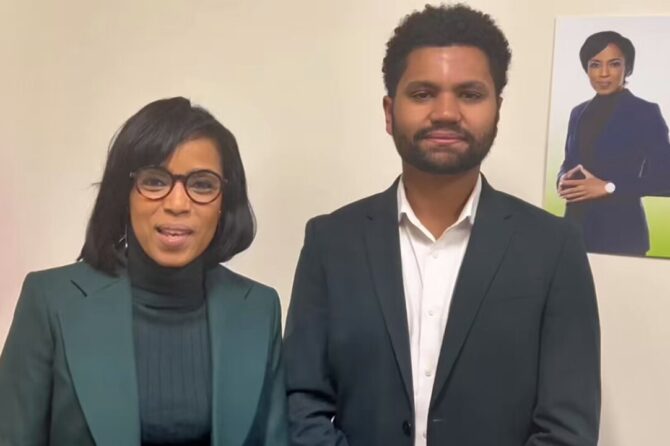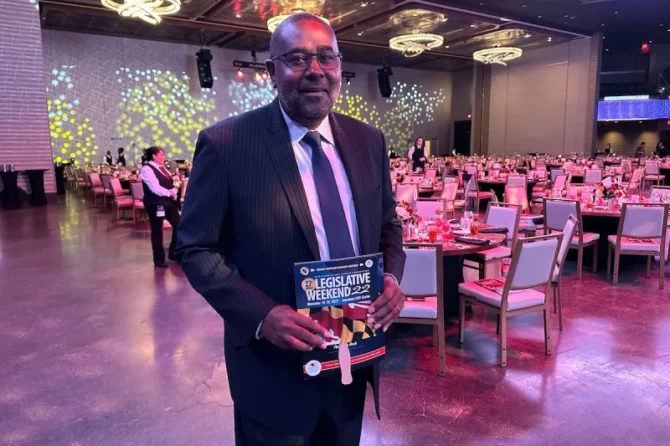Maryland Matters: With a new governor set to be sworn in in 3 1/2 months, a coalition of nonprofit Maryland service providers and policy experts is organizing a policy, personnel and spending agenda to assist the new chief executive.
The 2023 Project, as organizers are calling it, aims to leverage the expertise of dozens of Maryland nonprofits and community organizations to develop an ambitious platform of policy initiatives, state agency recommendations and budget options to pass along to the new governor’s transition team. The people behind The 2023 Project say the goal is to provide incoming administration officials with information, resources and policy experts as they begin to confront the state’s myriad challenges.
Coalition leaders believe the new governor can help strengthen Maryland’s economy, revitalize the education system and strategically invest federal dollars to update the state’s aging infrastructure.
“We have an opportunity in 2023 to partner with a new governor and build an administration founded on policies and principles that serve all Marylanders, no matter where we live or what we look like,” said Alice Wilkerson, who is the chair of the new organization. “The 2023 Project can serve as the building blocks that set up the next administration for success by providing the tools, information and content experts that can help them strengthen state government.”
Wilkerson is a seasoned policy hand in Annapolis who has worked as a legislative staffer, lobbyist, and most recently as executive director of Strong Future Maryland, a progressive policy advocacy group started two years ago by former U.S. Secretary of Education John King Jr., who ran unsuccessfully for the Democratic gubernatorial nomination this year.
Wilkerson said Strong Future Maryland, which plans to reboot in the next several weeks, is providing some staffing and facilitation for the 2023 Project, and that a needs assessment Strong Future Maryland recently conducted is being used to guide some of the 2023 project’s early work.
Advocates, service providers and experts from throughout the state have developed recommendations over the past several months on a range of issues, and the resources the project plans to make available to the new administration will include:
- Transition policy guides that will make recommendations for transforming state agencies and programs
- A comprehensive community-informed 2023 agenda
- Guidance for hiring qualified individuals to fill key positions across multiple levels in state agencies
- An established and collaborative network of supporters focused on critical issues, including building thriving, healthy and inclusive communities; addressing climate change; advancing criminal justice reform; creating good jobs; expanding worker protections; providing an excellent educational system; and improving public transportation.
On its website, the 2023 Project offers a survey for Marylanders to fill out to list their top policy priorities. As a nonprofit organization, the project has informed all of the campaigns for governor of its plans for the weeks ahead, Wilkerson said, and hopes to work closely with the new governor’s team.
2023 Project participants will be calling for the next governor to better equip agencies with the staffing, resources and necessary tools to fulfill their missions.
“Over the last 20 years, the state government workforce has eroded,” said Heather Iliff, president and CEO of the group Maryland Nonprofits. “Since the onset of the COVID pandemic, job vacancies have spiked, and recruitment and retention have cratered. State agencies on the front lines of service delivery are no longer able to accomplish their basic functions within reasonable time frames. The next administration should act with urgency to restore and beef up the state government’s ability to function at the level of effectiveness that Marylanders deserve.”
The project is led by a steering committee that includes representatives from the CASH Campaign of Maryland, Maryland Center on Economic Policy, Maryland Latinos Unidos, Maryland Nonprofits, Maryland PIRG, State Innovation Exchange, and We The People — Baltimore County.
“Our democracy works best when everyone participates and everyone’s voice is heard,” said Maryland PIRG Director Emily Scarr, a member of the steering committee. “The transition to a new governor and administration provides a unique opportunity for the governor-elect to ensure the public has a say in what issues are prioritized.”
This article was written by Maryland Matters, read more stories like this here.
Photo: The Maryland State House. Photo by Danielle E. Gaines.











